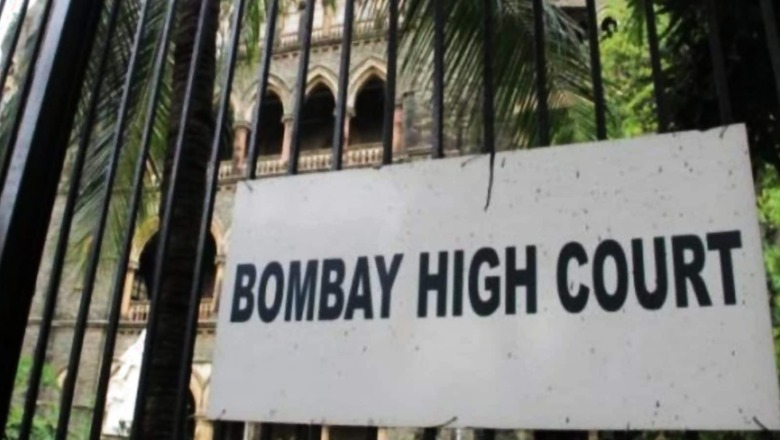
views
A division bench of the Bombay High Court at Aurangabad recently asked investigating agencies not to disclose the identity of a victim in the chargesheet.
The court was hearing a bail plea of a man booked for rape under the Atrocities Act and Indian Penal Code. The survivor alleged that the accused raped her on the promise of marrying her.
The high court said Section 228A was inserted in the IPC in 1983, which prohibits disclosure of the identity of the victim of certain offences. The court, while asking investigating agencies, said the identity of the victim should not be disclosed in the chargesheet.
“Thereafter, by Act 22 of 2018 further amendment in respect of other sections has been made with effect from April 21, 2018. Thus, the identity of the victim cannot be disclosed by any of the authorities in the chargesheet. Nowadays, we are finding that photographs are taken, ie, either old photographs are collected or even victims showing the spot of occurrence are taken and those photographs are produced in the chargesheet. We do not say such photographs should not be collected or should not be taken, but we expect that those photographs should not be openly added as part of the chargesheet,” the bench, comprising Justices Abhay Waghase and Vibha Kankanwadi, observed.
The court said a chargesheet travels from the investigating agency to judicial magistrate or special judge and is handed over to many people. In such cases, therefore, the identity of the victim is disclosed, and that agencies have to be sensitive in such matters.
The court said if such documents need to be produced, they should be submitted in a sealed envelope. The bench further said the Supreme Court in cantona of judgments has said the identity of the victim should not be disclosed in rape and POCSO cases.
The HC also said its coordinate bench at the principal seat had said such photographs should be handed over in a sealed cover.
The order read, “We take those directions further and direct all the concerned agencies, who are dealing with the investigation of such crimes that henceforth the photographs of such victims should be filed in a sealed envelope before the concerned courts. We may also say that failure to follow the directions may invite the action for the offence under Section 228A of the Indian Penal Code. These directions are also to the concerned courts, where the chargesheet is accepted. They should also see that such photographs are produced in a sealed envelope before them and the identity of the victim is not disclosed in any manner.”
The court, however, found that the relationship between the accused and the complainant was consensual and granted him bail.
Read all the Latest India News here

















Comments
0 comment